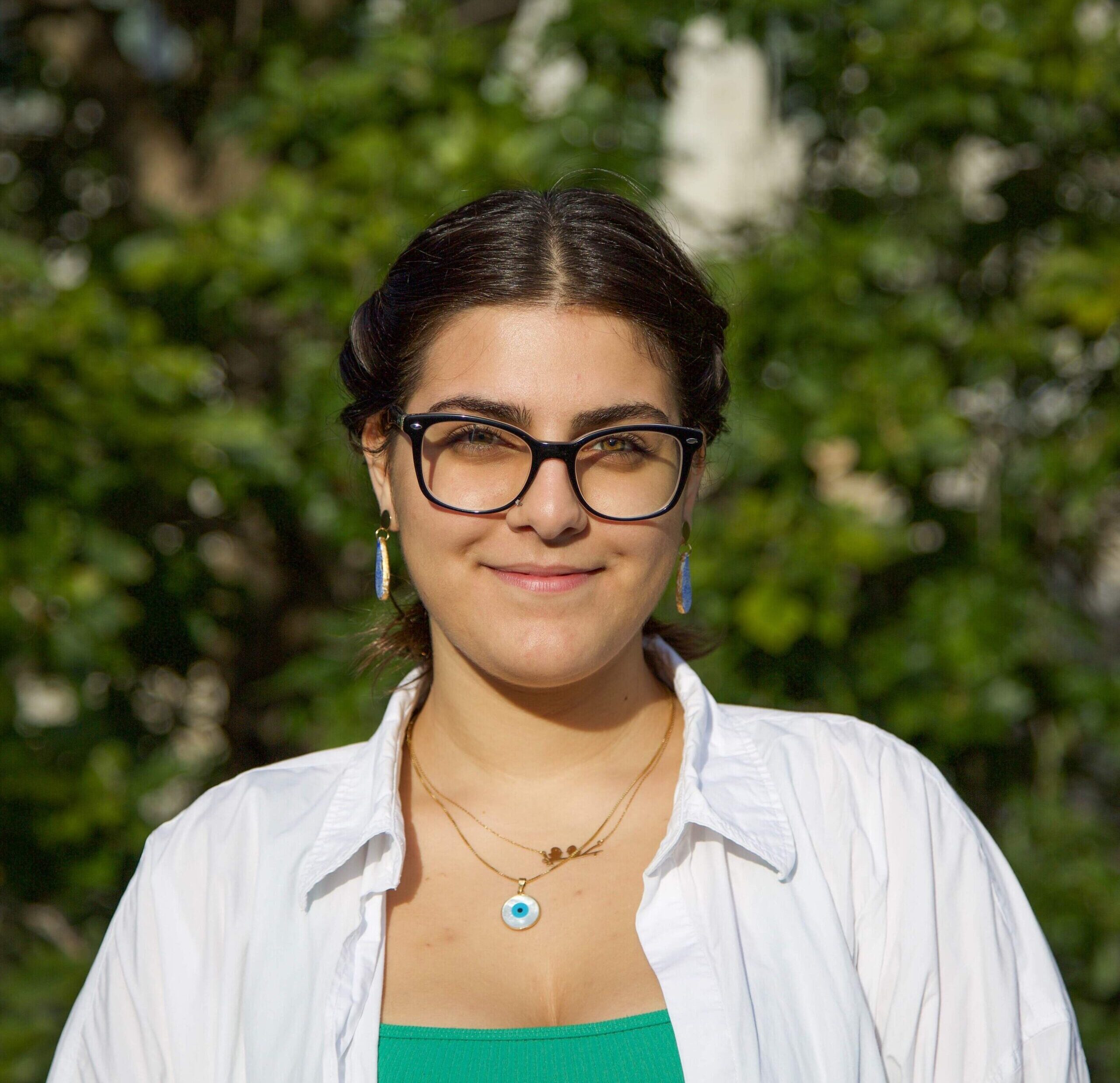On Feb. 8, Premier François Legault announced the Quebec government’s plans to ease most pandemic measures in the province, with the exception of the vaccine passport and mask rules, by March 14. As the province reopens, McGill’s COVID-19 protocols will evolve accordingly. In university-wide emails sent out on Feb. 4 and Feb. 11, Deputy Provost Fabrice Labeau announced a first wave of loosened restrictions.
The McGill Tribune looked into the updated measures and the changes students can expect in the coming weeks.
When will gyms and other extracurriculars be allowed to reopen?
The Quebec government announced on Feb. 1 that gyms and fitness centres can reopen at half capacity as of Feb. 14, provided that vaccine passports, social distancing measures, and masks are maintained. Legault also announced that sports and artistic activities for groups of up to 25 people will be allowed to resume at the same time. As such, McGill gyms are scheduled to reopen on Feb. 14. Other extracurricular activities are expected to follow on Feb. 28.
When are members of the McGill administration and support staff returning to campus?
Starting Feb. 28, all administrative and support staff will be required to spend at least 30 per cent of their weekly work time in person. This number will gradually increase in the following weeks to support the university’s transition to pre-pandemic operations.
Who can you call if you have symptoms or tested positive?
Students who were on campus in the 48 hours prior to developing symptoms are expected to report any positive diagnosis to the Case Management Group (CMG), regardless of whether the results are from a Polymerase Chain Reaction (PCR) or an antigen rapid test. The number to report symptoms and positive tests was recently changed. To contact the CMG, call 514-398-2920.
What is happening to the Emergency Operations Centre?
On Feb. 14, the Recovery and Operations Resumptions Committee (ROR) will replace the Emergency Operations Centre (EOC), and lead the university through its transition to pre-pandemic operations. The EOC, first activated in Jan. 2020 to coordinate McGill’s COVID-19 response, was previously deactivated on Nov. 1, 2021, but the centre was reactivated following the Omicron surge in Quebec. The EOC directly reported to a branch of the university’s senior leadership; Under the ROR, however, administrative operations and governance will return to their decentralized and pre-pandemic structures.
How do the student body and the McGill administration view this transition?
Since McGill’s announcement of the return to in-person learning, many student associations have since gone on strike to protest the university’s reopening and its overall COVID-19 response.
Nathaniel Saad, U2 Management, is slighty apprehensive about the transition to pre-pandemic operations.
“I am excited to [have] most of the restrictions slowly dissipate, but every time we try to open back, we end up having another wave,” Saad said in an interview with the Tribune. “I think it’s really important that as we start going back to normal, we still do our part [so that] we can be done with COVID as soon as possible.”
Frédérique Mazerolle, a McGill media relations officer, explained in an email that the administration is aware of the anxieties about the return to in-person, but that its decisions are always in accordance with public health guidelines.
“[McGill’s] measures, along with a high level of vaccination—more than 96 per cent of our students are now vaccinated with at least two doses—make us confident that we can maintain both our commitment to in-person academics and to ensuring that there is a safe environment on our campuses,” Mazerolle wrote.
Emma Herrle, U0 Arts and Science, finds McGill’s correspondence tedious. She expressed frustration with the university’s unclear communications about its decision-making logic. “There are a lot of emails that say nothing, just a lot of words and not a lot of substance,” Herrle said in an interview with the Tribune. “I don’t totally understand how they decide what’s in person and what’s online. For example, this semester, I have lectures with a hundred people that are in person, but my lab of twelve people is online. It just seems really random and arbitrary.”










